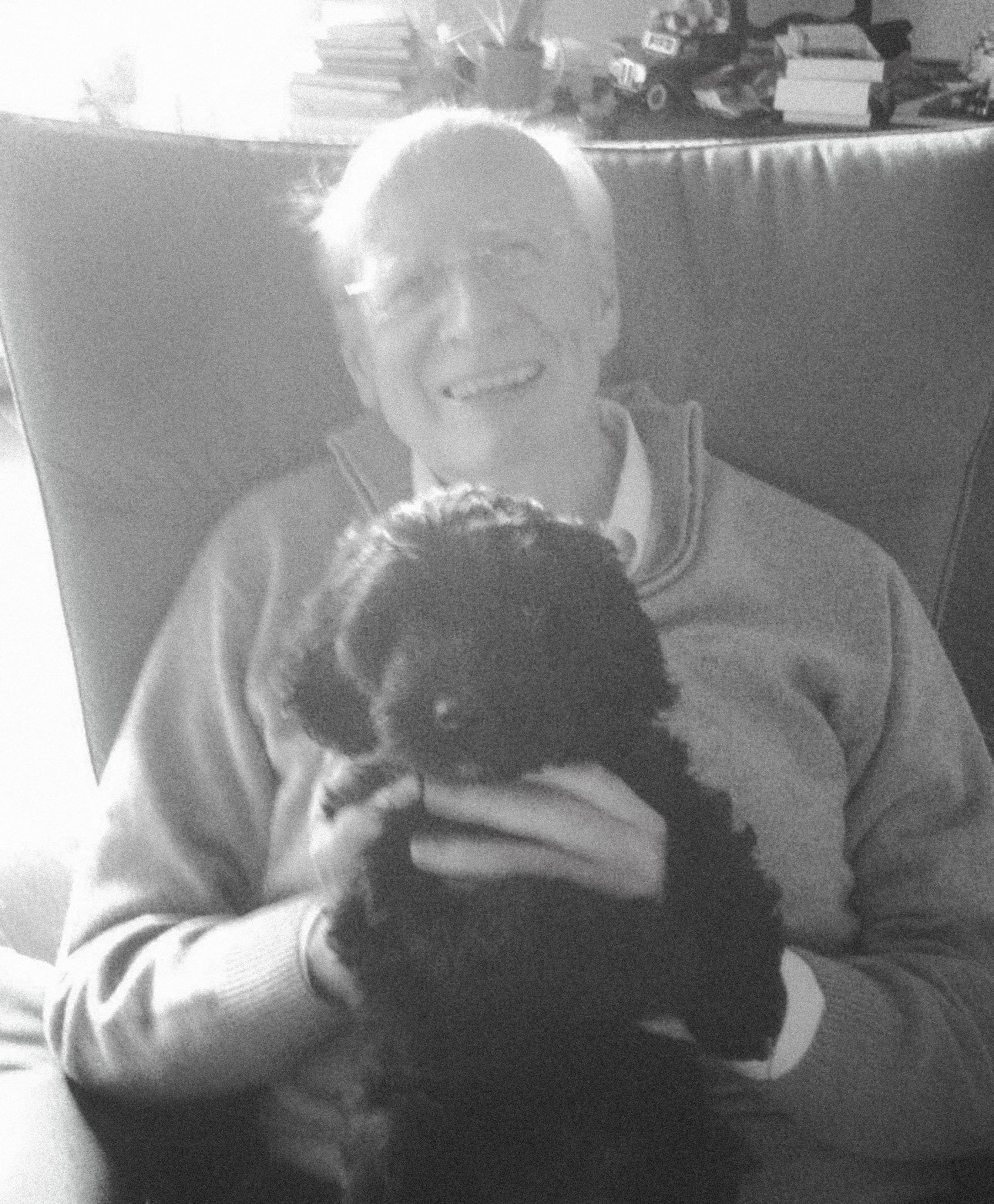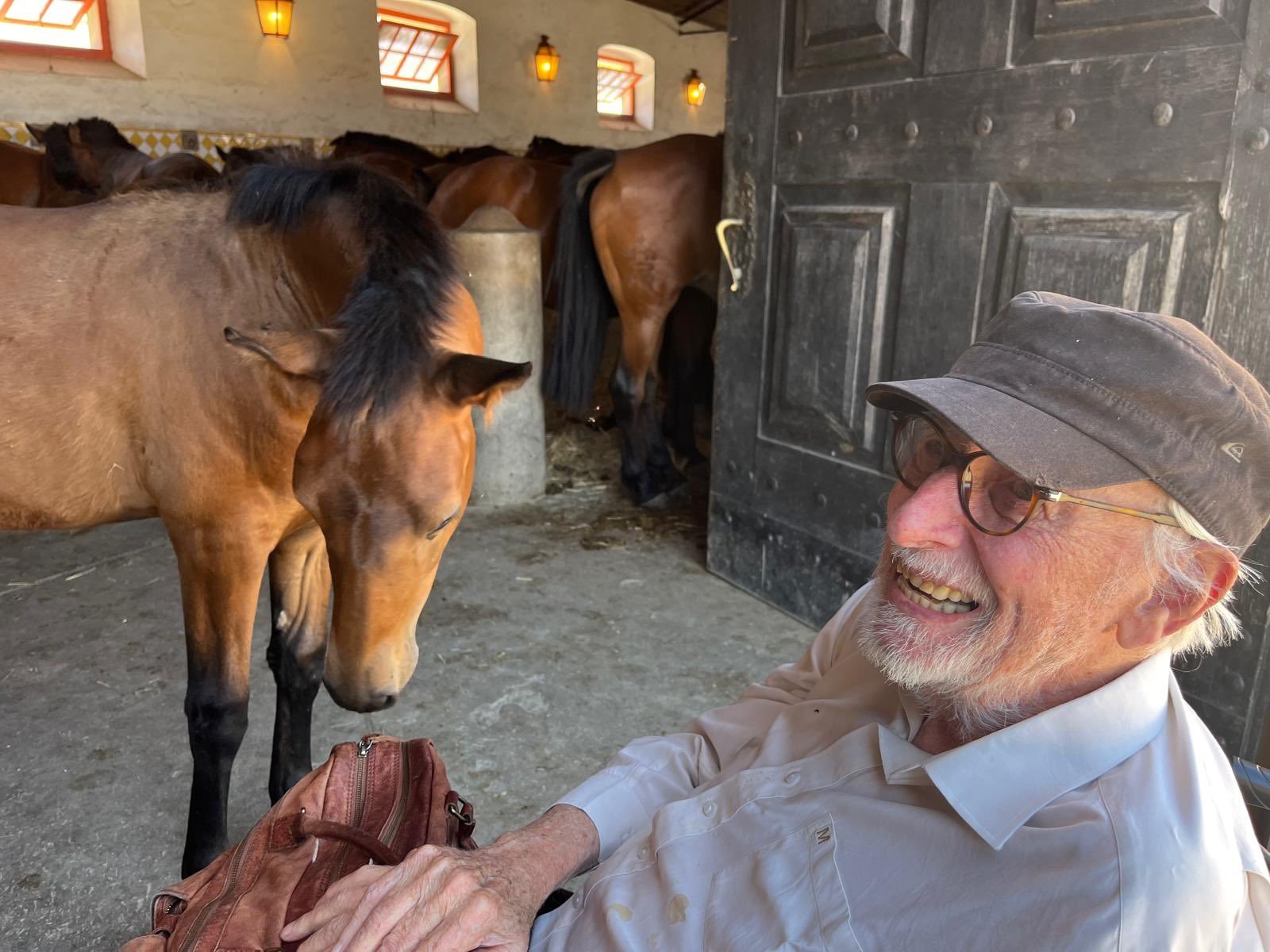Life Happened.
Today marks one month since my dear stepdad, Manuel Eduardo de Noronha Gamito, left us.
Over the past few months, I’ve become less communicative with loved ones. I seemed constantly stressed—angry, almost. The underlying reason was watching the health of the man who stepped up as my father rapidly decline.
I could feel so many future moments you’re supposed to share with your dad slipping through my fingers—my wedding, my first child.
Don’t get me wrong—I am deeply grateful for the moments we did share: my concerts and school performances, graduating from university, and countless personal milestones, both failures and victories.
As I have said before, grief is a strange thing. It’s unexpressed love. When you love someone deeply, no matter how much you show it, it never feels like enough. That’s what makes love both beautiful and heartbreaking—our time to express it is limited, but love itself is endless.
I remember when I first got the news of his passing—time froze. It felt as though the world had stopped spinning, and for a few moments, there was nothing but the overwhelming weight of absence. I couldn’t think, I couldn’t move. In that stillness, every memory, every emotion flooded in at once, and I realized just how much time with him had slipped away.
But time, as they say, heals all wounds. It doesn’t mean the pain completely disappears; instead, it helps reshape the ache, slowly allowing space for light to filter back in. As Marcus Aurelius once wrote, “It is not death that a man should fear, but he should fear never beginning to live.” Grief is a reminder that life continues, and in the quiet passage of time, we learn to live again—carrying our love, our memories, and a newfound appreciation for the moments we still have. With time, the sharpness of sorrow softens, and what remains is the enduring presence of love.
Grief isn’t just sadness; it’s a quiet reshaping of how you see yourself and the world. It’s made me more careful with my words, more selective about who I let into my life, and more thoughtful about which battles are worth fighting. But it’s also made me fearless in expressing love. You’ll often hear me bragging about my friends and family—not because I want to show off, but because I feel a deep need to cherish the people I care about, even when they’re not in the room to hear it.
I’ve realized that when you lose someone, you wish you could go back and tell them everything you didn’t get to say. So now, I say it all in the here and now, no matter how small or silly it may seem. There's this notion that grief is just about mourning the person who’s gone, but it's also about learning how to keep loving the people who are still here. I find myself praising people more freely, letting them know how amazing I think they are. Sometimes, I might seem overly complimentary—and I don't care. It's never fake. It's my way of anchoring that joy, so it doesn’t slip through my fingers the way time did with my dad.
Grief taught me that love needs to be loud. Not necessarily in sound, but in how your actions speak. It needs to be visible and shared, because sometimes tomorrow never comes. If there’s one thing I’ve learned, it’s that all of us will eventually leave someone behind to carry the weight of our absence. The best we can do is leave enough love—spoken and unspoken—so that when we’re gone, the people we care about still feel wrapped in it.

